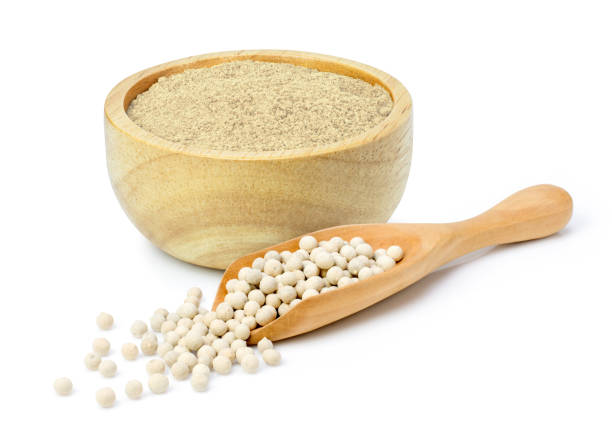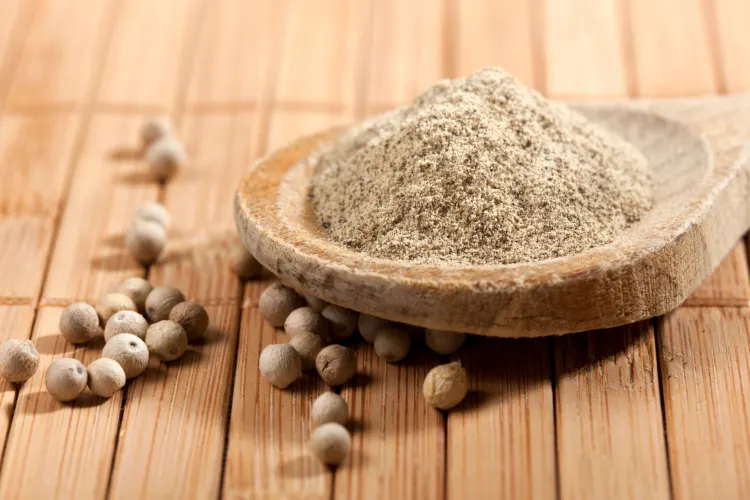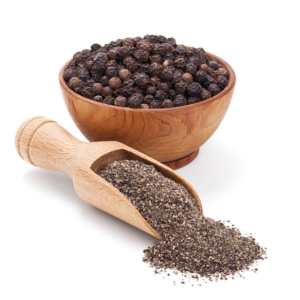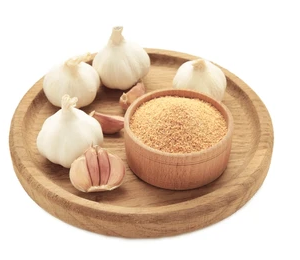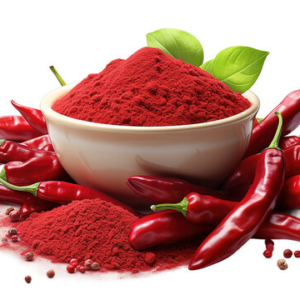Description
Origin and Production:
White pepper is grown in tropical regions like black pepper, particularly in countries like India, Vietnam, and Indonesia. The key difference between black and white pepper is in the processing. To make white pepper, the outer black skin of the peppercorn is removed, usually by soaking the ripe fruit in water to soften the skin, and then it is rubbed off, leaving the inner seed, which is then dried. This process gives white pepper its lighter color and milder, less pungent flavor.
Flavor Profile:
White pepper powder has a more delicate, slightly fermented, and earthy flavor compared to black pepper. It’s less sharp but still has a subtle heat. Because it lacks the outer skin of the peppercorn, white pepper tends to have a cleaner, less complex flavor, making it a more neutral choice in some dishes. It also has a slight bitterness and a more aromatic quality compared to black pepper.
Nutritional Benefits:
Similar to black pepper, white pepper also contains piperine, which has antioxidant and anti-inflammatory properties. It can also aid in digestion, stimulate the secretion of digestive enzymes, and potentially boost metabolism. However, due to the processing, it may have slightly lower antioxidant levels than black pepper.
Culinary Uses:
White pepper is commonly used in dishes where the visual appearance of black pepper might be undesirable, such as in light-colored sauces, mashed potatoes, cream soups, and certain Asian and European cuisines. It is also a popular seasoning in Chinese, Thai, and Vietnamese cooking, and can be found in some French and Scandinavian dishes.
Because of its milder flavor, white pepper is often used when the heat and pungency of black pepper would overpower the dish. It pairs well with fish, poultry, and creamy sauces, and is frequently used in making spice blends for delicate dishes, where a more subtle heat is preferred.
Storage:
Just like black pepper, white pepper powder should be stored in an airtight container, away from light and heat. While whole white peppercorns maintain their flavor for a longer time, ground white pepper can lose its potency more quickly.
Health Considerations:
White pepper is generally considered safe for most people when used in normal culinary amounts. It can occasionally cause gastrointestinal discomfort in sensitive individuals, and, like black pepper, excessive consumption may irritate the digestive system. People who are pregnant or breastfeeding should be cautious and seek medical advice if using large amounts regularly.
Key Differences Between Black and White Pepper:
- Processing: White pepper is made from the seed of the peppercorn after the outer skin is removed, while black pepper retains the skin.
- Flavor: White pepper is milder, with a slightly fermented, earthy taste, while black pepper has a stronger, spicier, and more aromatic flavor.
- Appearance: White pepper powder is lighter in color and finer in texture compared to black pepper powder.
White pepper is often chosen for its gentler heat and for aesthetic reasons, especially in light-colored dishes or sauces.


